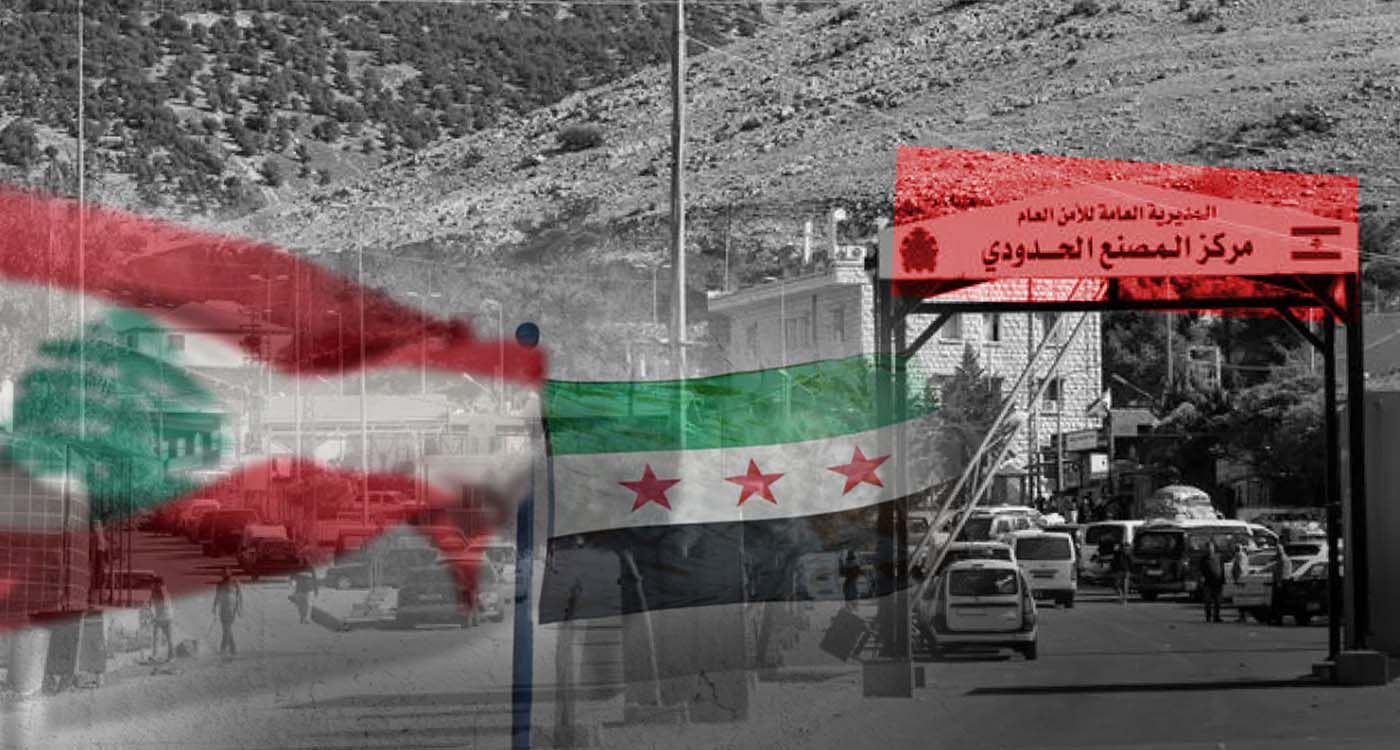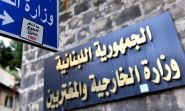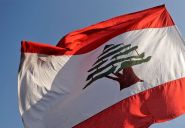
Even as Prime Minister Nawaf Salam’s government implements the army’s plan to enforce the decision that all weapons be held exclusively by the state—monitoring progress monthly—and follows up on Syrian detainees in Lebanese prisons as well as displaced Syrians in preparation for their return, concern over border demarcation remains strong due to its potential repercussions if the process continues to be obstructed.
Ministerial circles are concerned about Syria’s hesitation in demarcating the border, and Lebanon’s internal situation remains tense despite Saudi, American, and French pressure to control the border, maintain stability, and prevent smuggling. The Lebanese side sees the interests of both countries in expediting demarcation, particularly after Syria — at the Riyadh meeting between the Lebanese and Syrian defense ministers — announced its readiness to move forward. The announcement was welcomed by Saudi Arabia and commended by Washington, both eager to see progress on demarcation in the South. However, Syria later backtracked, scaling down follow-up to security officials from both countries.
Western Concerns
On the other hand, Western diplomatic circles have expressed concern over developments in Syria, viewing them within the context of the regional and international conflict, especially following Turkey’s expanding influence toward Damascus. A Russian delegation led by Deputy Prime Minister Alexander Novak visited Damascus, followed by the arrival of Admiral Brad Cooper, commander of US Central Command, who met with President Ahmad al-Sharaa and senior officials in the presence of US envoy Tom Barrack. The talks focused on political and military cooperation to strengthen regional security, consolidate the strategic partnership, and broaden channels of communication.
Attacks on minorities in Syria prompted American and Russian officials to urge al-Sharaa to protect these communities and preserve the country’s unity. The developments have heightened Israel’s concern, already wary of the president’s rise as an Islamist hardliner and the potential emergence of a radical Islamist state on its borders—despite his outreach to the West, particularly the United States through Saudi Arabia, and his meeting with President Donald Trump in Riyadh.
A Western diplomat warned the Syrian president against the establishment of a radical Islamist state in Syria and urged him to remove the Islamists who joined him in the effort to overthrow the Assad regime — otherwise, he himself would be expelled from Syria. Israel’s apprehension led it to protect minority communities to safeguard its influence, as Syrian unity faces the risk of a potential partition.
Iran’s Strategy
As for Iran, it is betting on al-Sharaa’s failure to eradicate extremism and his inability to unify Syria under his rule. Developments in the south, along the coast, and in Kurdish areas are cause for concern. Accordingly, Iran anticipates the collapse of al-Sharaa’s regime, a shift in the regional balance, and Syria’s return to its sphere of influence, with Hezbollah resuming its role in Syria as a key force against extremist groups, particularly ISIS. Given that its strategy hinges on change in Syria, ministerial sources say Hezbollah will not hand over its weapons, as they will be urgently needed in preparation for that moment of transition.
The information released by the Syrian Ministry of Interior about the dismantling of a network linked to Hezbollah sends a message to Lebanon, as the network’s members were trained there. It underscores that Hezbollah remains a cross-border organization threatening Syria’s security, even though the Syrian president has refrained from responding to the party’s actions and has declared his intention to open a new chapter in relations with the group. He also affirmed that relations with Iran will not remain severed.
On the other hand, Hezbollah denied any presence in Syria following the fall of the Assad regime and the rise of al-Sharaa as interim president. Iran holds Israel responsible for seeking to partition Syria as part of a broader plan to divide the region into ethnic and sectarian mini-states, keeping it in a state of perpetual conflict to realize Benjamin Netanyahu’s vision of a “Greater Israel.”
Difficult Test
Despite these circumstances, al-Sharaa will attend the UN General Assembly meetings in New York and face a difficult test. He has failed to protect minority communities, in part because of religious extremism within his forces and his refusal to reinstate former officers or purge the military of jihadist elements. As a result, the armed forces remain fragmented, far from the unified, state-level institution needed to provide security and protect minorities. Ahead of the visit, al-Sharaa convinced Washington, Paris, and Riyadh that his top priority is security arrangements with Israel, which they have required as a condition for the successful outcome of his trip.
Ministerial sources confirm that the Lebanese-Syrian file will remain unresolved until the summit between Presidents Joseph Aoun and Ahmad al-Sharaa, scheduled for next October in Baabda. The summit’s objective is to launch a process of cordial relations between the two countries, end the “Cooperation and Coordination Agreement,” begin border demarcation, resolve the issue of Syrian Islamists in Lebanese prisons and Lebanese detainees in Syrian prisons, address the situation of Syrian refugees, and tackle other outstanding matters.
Furthermore, Lebanese President Joseph Aoun will meet with al-Sharaa on the sidelines of the UN General Assembly ahead of the upcoming summit. Syrian Foreign Minister Assaad al-Shibani indicated as much when he told his Lebanese counterpart, Youssef Raggi, during a conference in Brussels that “he will be in Lebanon soon.”
The key question remains whether Hezbollah will continue relying on external issues to justify holding onto its weapons or finally begin implementing the government’s decision.




Comments